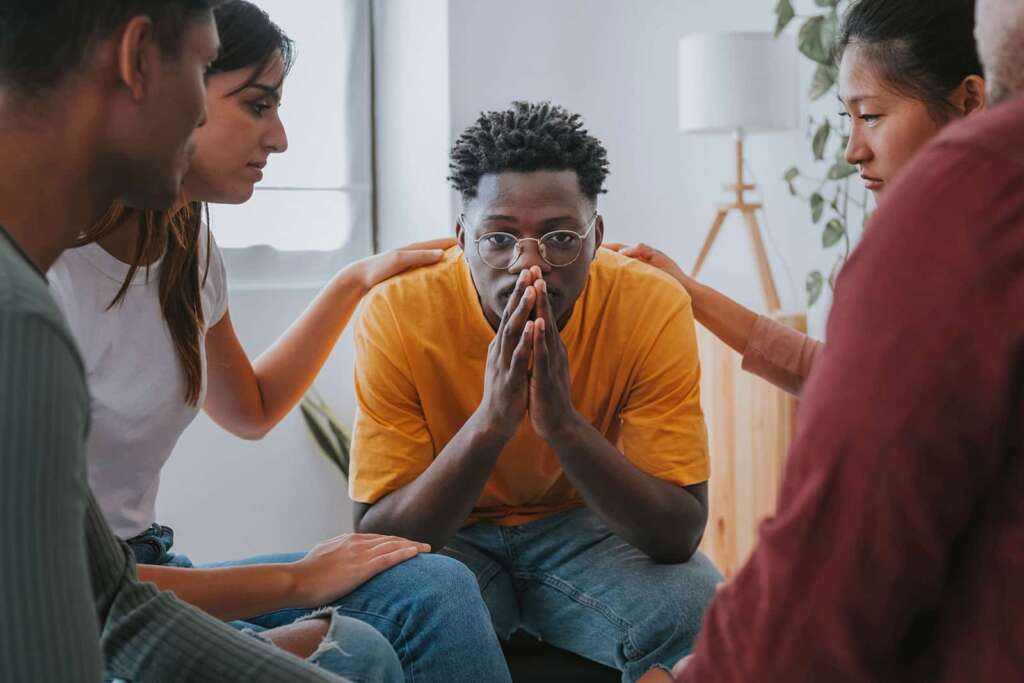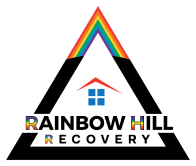How Long Does an Intensive Outpatient Treatment Program Last for LGBTQ Individuals?
An intensive outpatient treatment program (IOP) is designed to provide comprehensive support for individuals, including those in the LGBTQ community, facing addiction or mental health challenges. Unlike inpatient programs, IOPs do not require an overnight stay. Instead, they offer flexible treatment schedules, enabling participants to maintain daily responsibilities such as work, school, or family commitments.
Typically, these programs last between 6 to 12 weeks, with the duration tailored to the specific needs and progress of each individual. LGBTQ participants often benefit from affirming care that addresses unique challenges, including identity-related stress and trauma. During this time, participants attend therapy sessions multiple times a week, focusing on building coping skills, understanding their conditions, and learning how to manage triggers. In Los Angeles, CA, IOPs provide a supportive environment, allowing LGBTQ individuals to stay connected to their community and loved ones while working toward sustainable recovery.
What Is an Intensive Outpatient Treatment Program?
An intensive outpatient treatment program (IOP) offers structured therapy for individuals facing addiction or mental health challenges. For the LGBTQ community, these programs are especially beneficial when they include affirming care to address specific issues such as minority stress, discrimination, or trauma.
IOPs allow participants to live at home while attending therapy sessions several times a week. Sessions typically include individual therapy, group counseling, and family therapy. This flexible treatment option is ideal for those who need intensive care but want to maintain their daily lives. In Los Angeles, IOPs offer LGBTQ participants the opportunity to receive addiction recovery and mental health services while continuing their personal and professional routines.
What Happens During an Intensive Outpatient Treatment Program?
During an IOP, participants engage in a variety of therapeutic activities aimed at supporting their recovery. LGBTQ individuals often benefit from programs that provide inclusive care, focusing on both addiction and co-occurring mental health issues.
Typical activities include:
- Individual Therapy: Focused sessions to address personal challenges, including identity-related stress for LGBTQ participants.
- Group Counseling: Supportive peer groups where participants share experiences and build connections.
- Family Therapy: Sessions to strengthen relationships and educate family members about addiction and recovery.
In Los Angeles, many IOPs integrate mental health services and medication management, ensuring comprehensive care. LGBTQ participants may also find value in peer support groups that foster understanding and connection among those with shared experiences.
Benefits of an Intensive Outpatient Treatment Program for LGBTQ Individuals
IOPs offer numerous benefits, especially for LGBTQ participants seeking affirming care:
- Flexibility: Participants can maintain work, school, and family commitments while receiving effective treatment.
- Affirming Care: LGBTQ-focused programs address unique challenges such as discrimination and identity-related stress.
- Evidence-Based Therapies: Techniques like cognitive behavioral therapy (CBT) and dialectical behavioral therapy (DBT) help participants develop healthier coping mechanisms.
- Community Support: Peer and group sessions create a supportive environment, essential for long-term recovery.
For those in Los Angeles, IOPs provide an opportunity to receive structured care while staying connected to their local community.
How to Find the Right Intensive Outpatient Treatment Program Near Me in Los Angeles
Finding the right IOP requires careful consideration of your needs and the program’s offerings. For LGBTQ individuals in Los Angeles, look for programs that prioritize inclusivity and offer affirming care.
Key factors to consider include:
- Inclusive Therapies: Programs offering CBT, DBT, and LGBTQ-specific support groups.
- Licensed Facilities: Ensure the center provides evidence-based treatments and is staffed with licensed professionals.
- Flexible Scheduling: Look for programs that accommodate your daily responsibilities.
By choosing a program that aligns with your needs, you can embark on a recovery journey that supports both your mental health and personal identity.
Key Features of LGBTQ-Affirming Intensive Outpatient Programs
An LGBTQ-affirming IOP includes several features that cater specifically to the needs of the community:
- Specialized Therapies: Address addiction, mental health issues, and identity-related challenges.
- Family Inclusion: Sessions to repair relationships and educate loved ones about LGBTQ issues and addiction recovery.
- Safe Spaces: Support groups where LGBTQ participants can share experiences without fear of judgment.
- Comprehensive Care: Integration of mental health services, medication management, and trauma-informed therapies.
These features ensure that LGBTQ participants receive the support they need in a welcoming and affirming environment.
Why Choose an LGBTQ-Affirming IOP in Los Angeles?
Choosing an LGBTQ-affirming IOP in Los Angeles offers participants the opportunity to recover in a supportive and inclusive environment. These programs address addiction and mental health challenges while respecting each individual’s unique identity.
Benefits include:
- Maintaining daily responsibilities while receiving effective treatment.
- Access to peer support groups that foster understanding and connection.
- Evidence-based therapies tailored to address trauma and discrimination.
Begin Your Recovery Journey Today
If you or a loved one in the LGBTQ community is seeking an intensive outpatient treatment program in Los Angeles, consider exploring options that prioritize inclusivity and personalized care. Programs like Rainbow Hill Recovery provide tailored support to help you achieve long-term recovery. Call today to learn more about how these programs can guide you toward a healthier, more fulfilling life.

